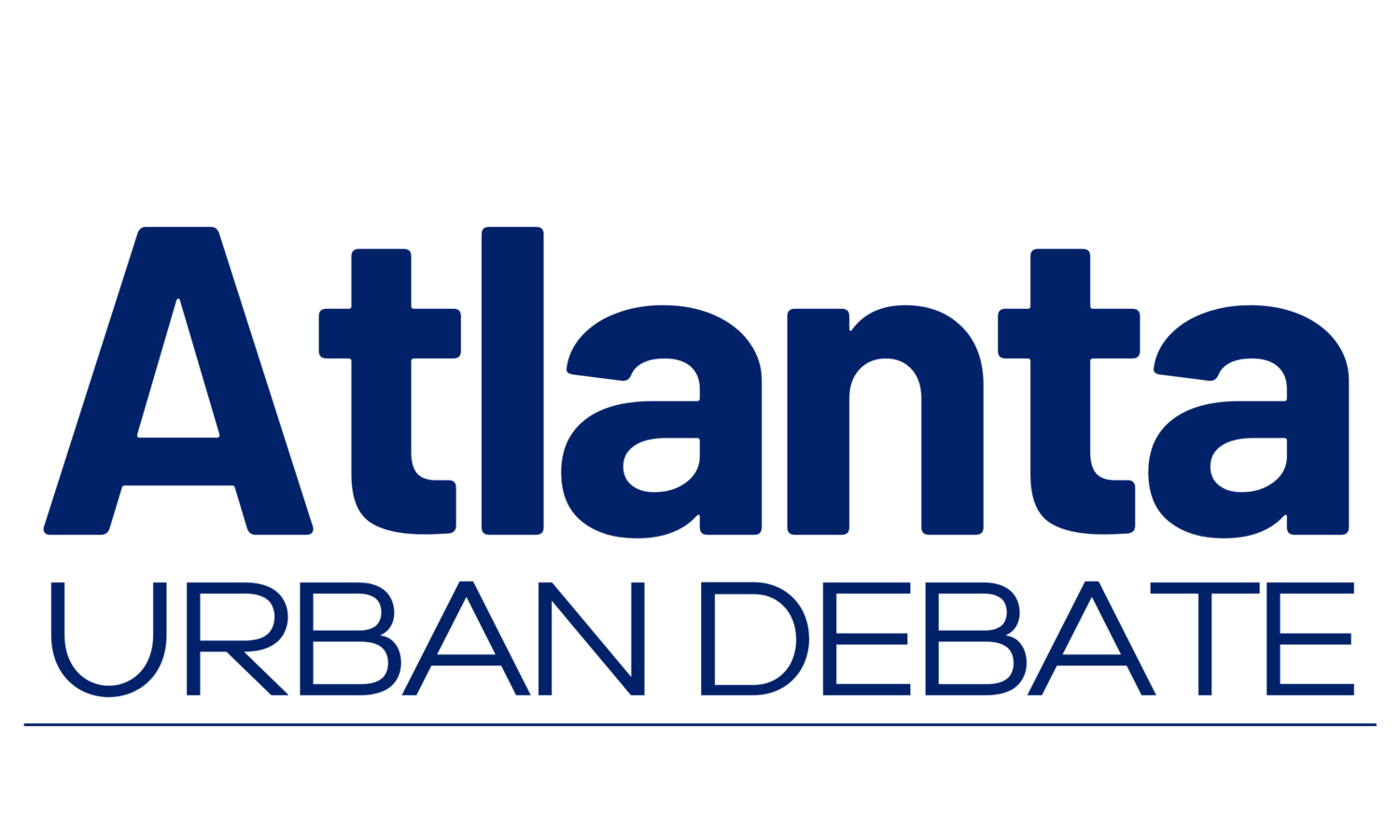The Atlanta Urban Debate League is committed to providing excellent debate education programs, services, and opportunities to diverse students, educators, and members of the community!
Intermediate Debate Skills
Argument Selection
Introduction
A major part of advancing as a debater is understanding which arguments are useful to extend, as there won’t be time to extend every argument, especially when opponents have multiple offensive positions in one round. In early speeches, debaters will make many arguments so that they have options later. As the debate goes on, students should be extending fewer arguments, picking those which are the most strategically viable.
Here are some considerations for the strategic viability of an argument:
Opposing responses: Did the other team give several answers to the argument that would take too long to address? Did they forget to dispute the argument? Is the evidence they used stronger than yours? Did they rely on analytic arguments that your evidence disproves?
Effect on the debate as a whole: Could winning this argument win you the debate? Would it take out the negative disadvantage or an affirmative advantage?
Your other arguments: Do you have similar arguments that are better or easier to extend? Pick the best one and just extend that. If you had three no solvency arguments, for example, pick the one that the affirmative had the hardest time answering and just extend that.
Debaters should write blocks before tournaments so that they have extensions prepared ahead of time. Blocks are prewritten arguments for/against common positions that debaters expect to hear. Blocks consist of original arguments by the debaters (analytics) and evidence from the packet. Blocks for later speeches, like rebuttals, should be scaffolded from blocks for earlier speeches; 1AR blocks, for example, should have extensions for arguments from the 2AC blocks.
Learning Objectives
In this section, students should:
Be able to identify the strongest arguments to extend throughout the round.
Write blocks with both evidence and analytic arguments that can be used at tournaments.
Points of Improvement
Here are some things to look out for as students work on argument selection:
Students identify strong arguments but do not extend them throughout the round or extend arguments that are relatively inconsequential.
Students try to extend as many arguments as possible instead of picking the best ones.
Students do not write blocks or do not read the blocks they have written.
Signs of Progress
Here are some positive signs that students can select effective arguments and use them in rounds:
Students understand the difference between an argument’s quality and its strategic value in a debate.
Students have blocks prepared against advantages and disadvantages for their division.
Blocks have both evidence and analytic arguments
